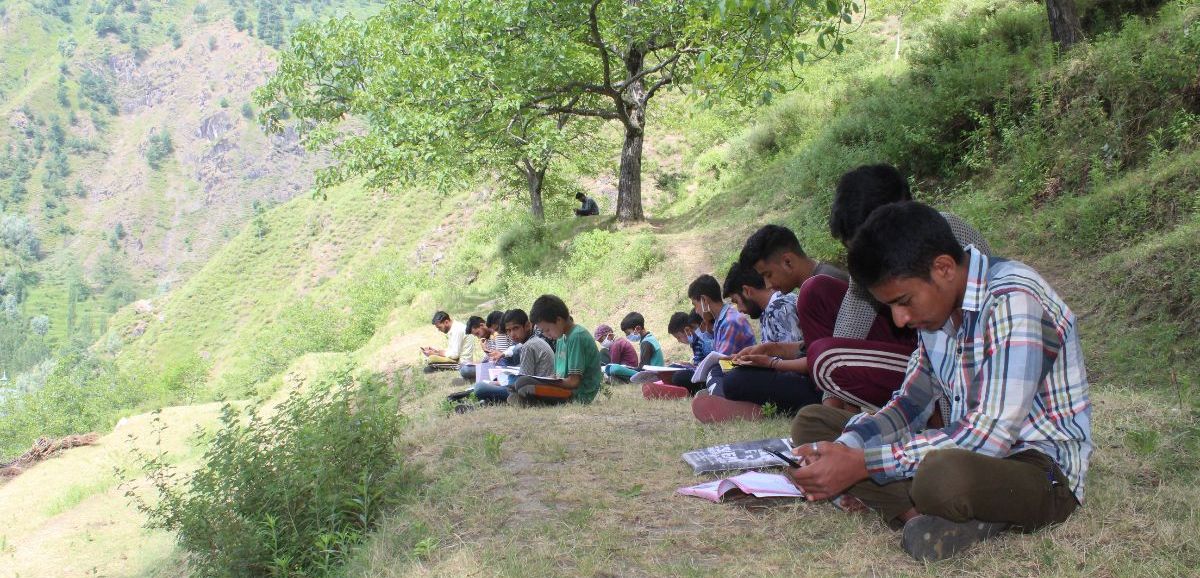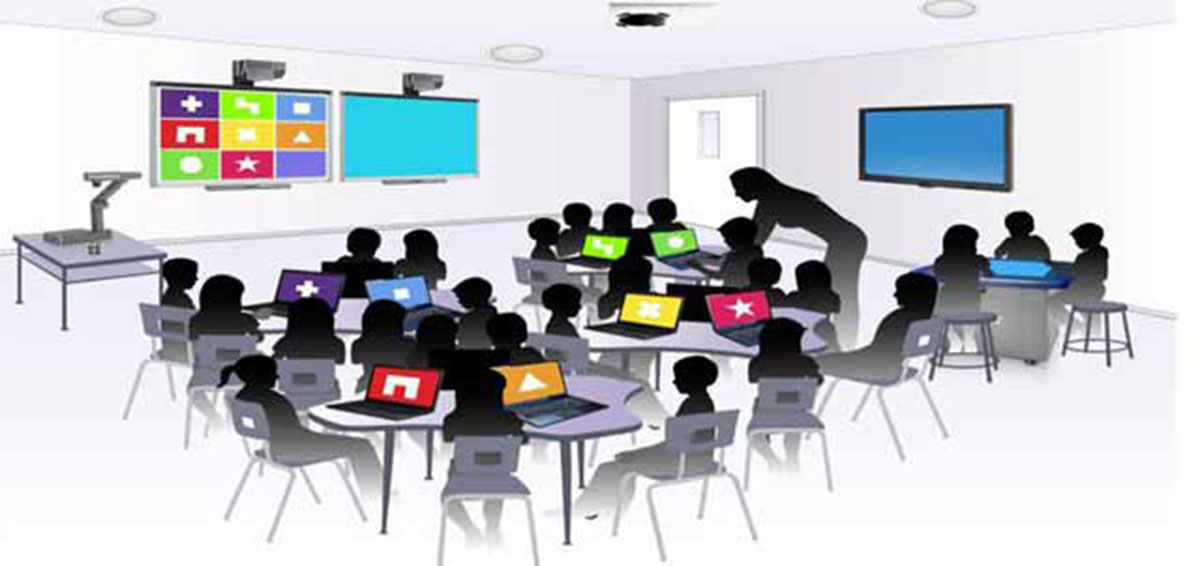by Vijay Garg
The boundaries of time and space no longer apply to the modern education sector.

The focus has shifted away from conventional education. Various trends have been used in the education sector in the past with varying degrees of success. However, the trends that have recently developed have fundamentally changed the dynamics of the sector and are here to stay for the obvious future.
The boundaries of time and space no longer apply to the modern education sector. From primary to higher education, online and cloud-based delivery learning platforms are becoming more prevalent as a result of the exponential acceleration of digital transformation in the education sector.
The value of this digital learning industry in India is anticipated to increase to US $30 billion in the next 10 years at its current rate of disrupting the established educational system. Edtechs are actually the New Age Schools.
New ways of teaching and learning have come into existence. New careers have taken shape and education has also got into a metamorphosis, giving shape to a variety of career opportunities.
Metaverse Meets Reality
The tech industry has come a long way from a mere personal computer in the first phase to the interactive sleek smart mobile phones in the second and now graduating to the 3D highly interactive augmented reality.
It is noteworthy to know that CBSE has collaborated with Meta for the application of Metaverse in education. Online learning will be more real with the help of the metaverse, which involves the concept of Augmented and Virtual Reality (AR & VR). In the post-pandemic environment, Metaverse may be a tremendous resource for remote learning and operations, support remote operations and training effectively, and advance the sustainability agenda.

The availability of accessible, affordable technology for everyone and the skill set required to create and consume immersive entertainment are just two of the many obstacles that come with this great potential. By overcoming these obstacles, the education community will be able to create a resilient educational ecosystem that will be able to resist future global disruptions like Covid19.
Impetus On Sports
Earlier, sports was an alternative career option, but of late and in the last two or three years, women have been actively coming forward in sports and opting for it as a full-time career. In school education too, sport is an integral part of learning and in the years to come, schools too will focus on leveraging sports as a component of and as a major subject.
Skill Development
After the implementation of the National Education Policy 2020, skill development programmes run at schools have taken a new shape. At each level of education, children are introduced to new skill sets. At present, the Skill India mission works 24×7 in full swing. India has the responsibility of skilling about 104.62 million fresh entrants in the workforce in the next four years, by 2023.
Today’s technological advancements permeate into all elements of our lives, including our job and personal lives. Therefore, a professional with a skill set that is more technical will do better in this atmosphere. Hence, the year 2023 will see an influx of technology-driven learning skills.
Green Technology
One of the biggest problems the world is facing is the degradation of soil quality and erosion of its nutritive value, leading to unhealthy vegetative growth.
Children are already learning about the conservation of soil, but 2023 will see an advanced version of learning and working towards green technology and agri-tech. It will help children learn from a young age the use of technology and science to reduce human impacts on the natural environment. Therefore, this will lead to sustainable development.
FinTech
Ranked as the third largest FinTech market globally with an expected market size of US $150 billion by 2025, India has the potential to reshape the financial services and financial inclusion landscape in fundamental ways, thereby opening a plethora of opportunities for more integrated learning curriculums for students to be able to contribute towards the underlying demand growth of India’s digital Infrastructure that’s constantly evolving.

Post-pandemic there has been a shift in the mindset of people and so has the learning system evolved.
The twenty-first-century skill, which has been propagating collaboration is finally taking shape and making children work in collaboration. Very soon, under the NEP 2020, the competition at the secondary and higher secondary level will diminish, making it healthy and bringing in a sense of teamwork for the betterment of each child to build a better and wiser nation.
(Vijay Garg, MSc, Bed has been a Punjab Education Service (PES) officer who retired as a Principal. He has authored a number of textbooks. He lives in Malout Punjab.)















